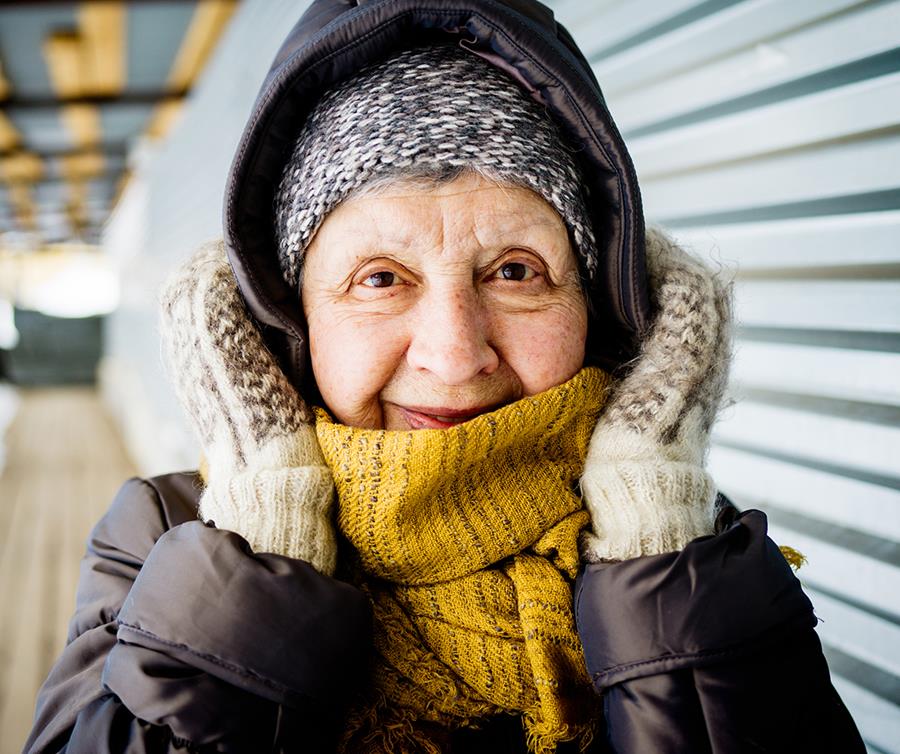As temperatures drop and winter approaches, it’s important to take extra steps to keep our seniors safe, comfortable, and healthy — especially those living with dementia. Cold weather can bring unique challenges, from slips and falls to confusion and wandering, but with a few proactive measures, we can help ensure everyone stays cozy and cared for all season long.
1. Dress for Warmth and Comfort
Seniors with dementia may not recognize when they’re cold or may forget to put on proper winter clothing. Layering is key — soft, breathable fabrics underneath with a warm sweater or fleece on top, plus a coat, hat, gloves, and non-slip boots when going outside. Labeling drawers or laying out clothing in order can make dressing easier and safer.
2. Prevent Slips and Falls
Snow and ice are hazards for everyone, but especially for older adults. Keep sidewalks, driveways, and entryways clear and salted. Inside, place mats at all entrances to catch melted snow and reduce the chance of slipping. If mobility is a concern, encourage the use of sturdy footwear and walking aids as needed.
3. Monitor Indoor Temperatures
Older adults are more sensitive to cold, and those with dementia may not realize when the temperature drops. Make sure the home or care environment stays comfortably warm — ideally between 68°F and 72°F — and check regularly that windows and doors are properly sealed. Electric blankets should only be used with supervision to avoid burns or overheating.
4. Encourage Hydration and Nutrition
It’s easy to forget to drink water in the winter, but dehydration can still occur. Offer warm beverages like tea or hot cocoa, and serve soups, stews, and nutrient-rich meals that support immune health. Keep healthy snacks available throughout the day for those who may forget mealtimes.
5. Plan Safe Outdoor Time
Fresh air and sunlight are important for mood and physical health. On mild winter days, bundle up and enjoy a short walk or a few minutes of sunshine. For those with dementia, always accompany them outside — cold and unfamiliar surroundings can increase confusion or wandering risk.
6. Watch for Signs of Seasonal Changes
Shorter days and less sunlight can lead to increased confusion or agitation, a phenomenon known as “sundowning.” Maintain a consistent daily routine and ensure plenty of light indoors, especially in the afternoon and evening. Activities that engage the mind and spirit — like music, crafts, or reminiscing — can help lift moods during darker months.
7. Be Prepared for Emergencies
Winter storms can cause power outages or make travel difficult. Keep a well-stocked emergency kit with blankets, flashlights, batteries, medications, and non-perishable food. If your loved one is living with dementia, make sure you have up-to-date contact information, care plans, and any essential supplies ready.
A Warm Reminder
At Azura Memory Care and Assisted Living, we know that safety and comfort go hand in hand. Our team takes extra precautions during the colder months to keep residents protected — from ensuring warm, home-like environments to providing daily engagement and attentive care that brings peace of mind to families.
Because no matter the season, our mission remains the same: to provide care filled with compassion, comfort, and connection.

